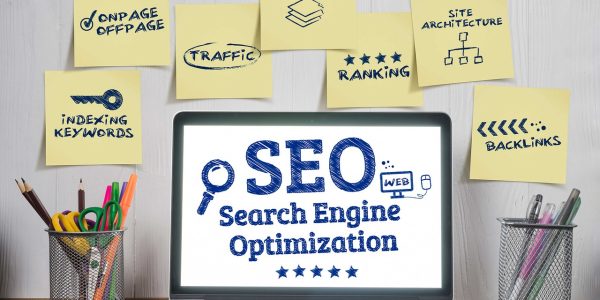Embrace the power of SEO and unlock its potential to drive your business towards online success.
Technical
Technical SEO focuses on optimizing the technical aspects of your website to ensure search engines can efficiently crawl, index, and understand your content. Key elements of technical SEO include:
Establishing
Establishing a strong presence on social media platforms can indirectly impact your SEO efforts. By sharing your content on social media, you can increase its visibility, attract more traffic, and encourage engagement.
Monitoring
Monitoring and managing your online reputation is essential for SEO. Positive reviews, testimonials, and mentions from reputable sources contribute to your website's credibility and authority.
Acquiring
Acquiring high-quality backlinks from authoritative websites is a crucial off-page SEO technique. Backlinks serve as votes of confidence, indicating that other websites consider your content valuable and trustworthy.
shares
Additionally, social media signals, such as likes, shares, and comments, can indirectly influence search engine rankings. Engaging in guest blogging, creating shareable content, and building relationships with influencers can help you earn backlinks.
Claiming
Claiming and optimizing your Google My Business (GMB) listing helps your business appear in local search results, Google Maps, and the Knowledge Graph.

information
Providing accurate and up-to-date information, such as your address, phone number, business hours, and customer reviews, improves your local visibility.

geographical
For businesses targeting a specific geographical area, local SEO is crucial for attracting local customers. Local SEO strategies include:

Consistent
Consistent and accurate listings of your business information across various online directories, review sites, and local listings can boost your local SEO efforts.
specific
Incorporating location-specific keywords in your website’s content and meta tags helps search engines understand your local relevance. Targeting keywords such as “best restaurants in [city]” or “plumbers near me” can improve your visibility in local search results. Ensure that your NAP (Name, Address, Phone Number) details are consistent across all platforms.
Tracking
Mastering
Mastering SEO is an ongoing process that requires a combination of technical expertise, content creation, and continuous optimization. By understanding the fundamental principles of SEO, optimizing your website’s on-page elements, implementing technical best practices, and engaging in effective off-page strategies, you can improve your website’s visibility, drive organic traffic, and establish a strong online presence. Stay proactive, adapt to algorithm updates, and consistently monitor and analyze your SEO efforts to ensure long-term success in the dynamic world of search engine optimization.

